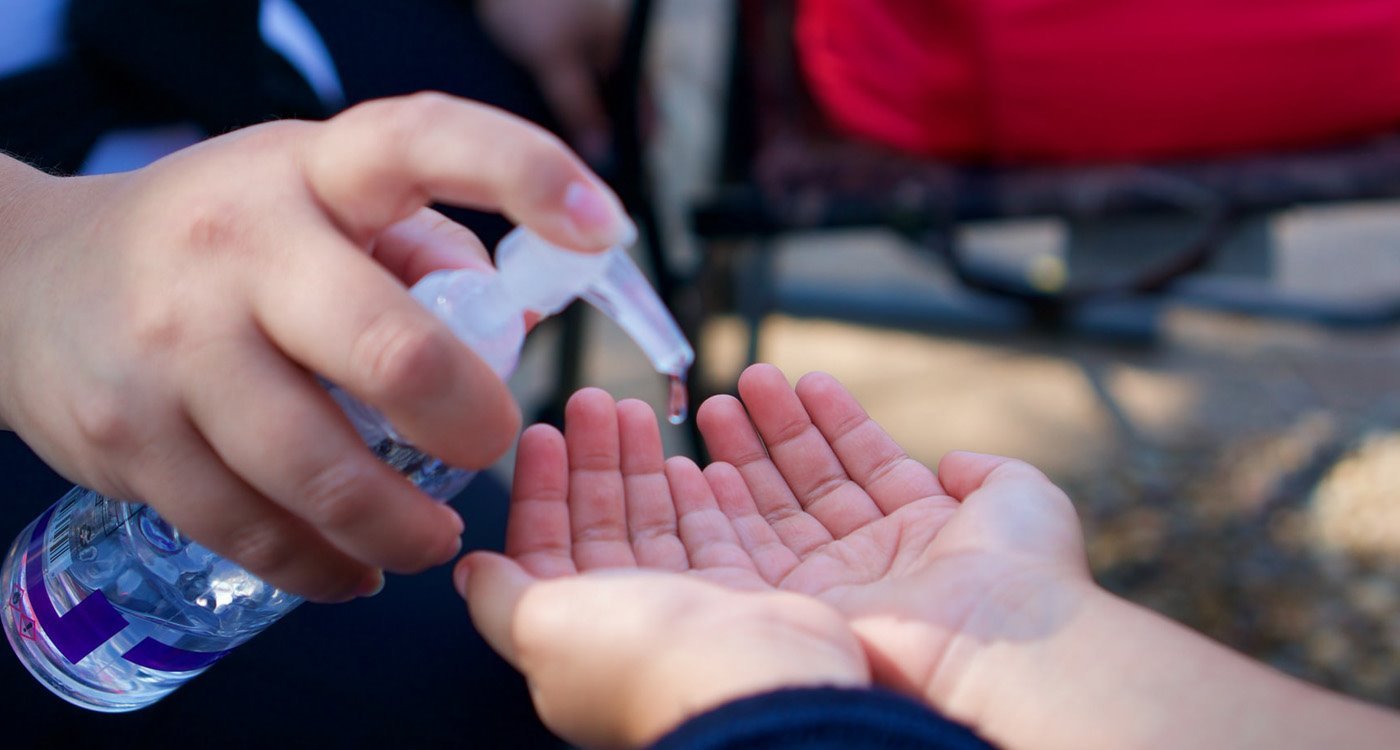WHAT ARE HAND SANITIZERS?
Hand sanitizers offer a quick and convenient way to sanitize your hands, especially if there is no soap and water available. A hand sanitizer can only be classified as one if it contains a specific active ingredient, namely ethyl alcohol, isopropyl alcohol, or benzalkonium chloride. Although these ingredients are not yet ruled as “generally recognized as safe”, there is not much evidence yet to link these to any harmful effects to date. So, how does hand sanitizer work?
HOW DO HAND SANITIZERS WORK?
Alcohol, being a key ingredient in most of the common hand sanitizers, is able to destroy pathogens with the use of various processes. This chemical is capable of breaking apart the pathogen’s proteins, splitting them apart, and even disrupting the metabolic processes within. It takes about 30% of alcohol in a formula in order to have any amount of pathogen-killing capability. The effectiveness of the formula increases as the concentration of alcohol increases.
A hand sanitizer that incorporates alcohol is more likely to kill a wide variety of pathogens (killing germs), especially those that have concentrations that exceed 60%. However, the maximum concentration that is effective, according to experts, should be around the 90-95% mark. Most of the hand sanitizers in hospitals have around this high concentration.
Ethanol itself is known to be powerful in high concentrations. It is able to target specific species of bacteria that are known to cause a significant number of diseases. Bacterial strains such as Escherichia coli and Staphylococcus saprophyticus are much more susceptible to alcohols, especially when compared to traditional hand wash solutions.
CAN HAND SANITIZERS SUBSTITUTE FOR HAND WASH?
Although an alcohol based hand sanitizer may seem like the best choice for sanitizing your hands, they are still limited in some aspects. First, alcohols do not work on some strains of bacteria and parasites, being resistant to the chemical’s effects. Alcohols also do little when it comes to removing harmful substances from the skin, sometimes even exacerbating the situation. Lastly, they do little when it comes to cleaning up grease or dirt.
ARE THERE ALCOHOL-FREE ALTERNATIVES TO HAND SANITIZERS?
Some studies have found that hand sanitizers that use benzalkonium chloride are still quite potent, starting from a concentration of 0.13%. However, there is a lack of independent research that can prove that this ingredient has any benefits over the typical alcohol formula.
DOES A HAND SANITIZER EXPIRE?
Hand sanitizers do not expire, but there is a date stamped onto the bottles as these are regulated by authorities like the FDA. The date is more on the lines of the last day when the components of the bottle are the same as that of the manufacturing date. Manufacturers are supposed to test for the longevity of their formula’s components, then record them on the page itself.
CAN A HAND SANITIZER BE HARMFUL TO YOU?
Alcohols are generally safe for use when in the context of an antiseptic, having no adverse side effects on the skin. However, repeated usage of sanitizers may cause some form of irritation or dryness. This is especially so with alcohol based hand sanitizers. Although this tends to be much milder, some studies have shown that alcohols irritate the skin to a lesser degree than soap and water. Damaged skin, on the other hand, will be more susceptible to side effects when it is exposed to it.
WHERE CAN I BUY HAND SANITIZERS?
Hand Sanitizers in Singapore are available in a lot of places. From malls, corner shops, to pharmacies, many places stock up on these products. There are also online shops that sell hand sanitizers, but it is better to buy them from trusted online retailers.




